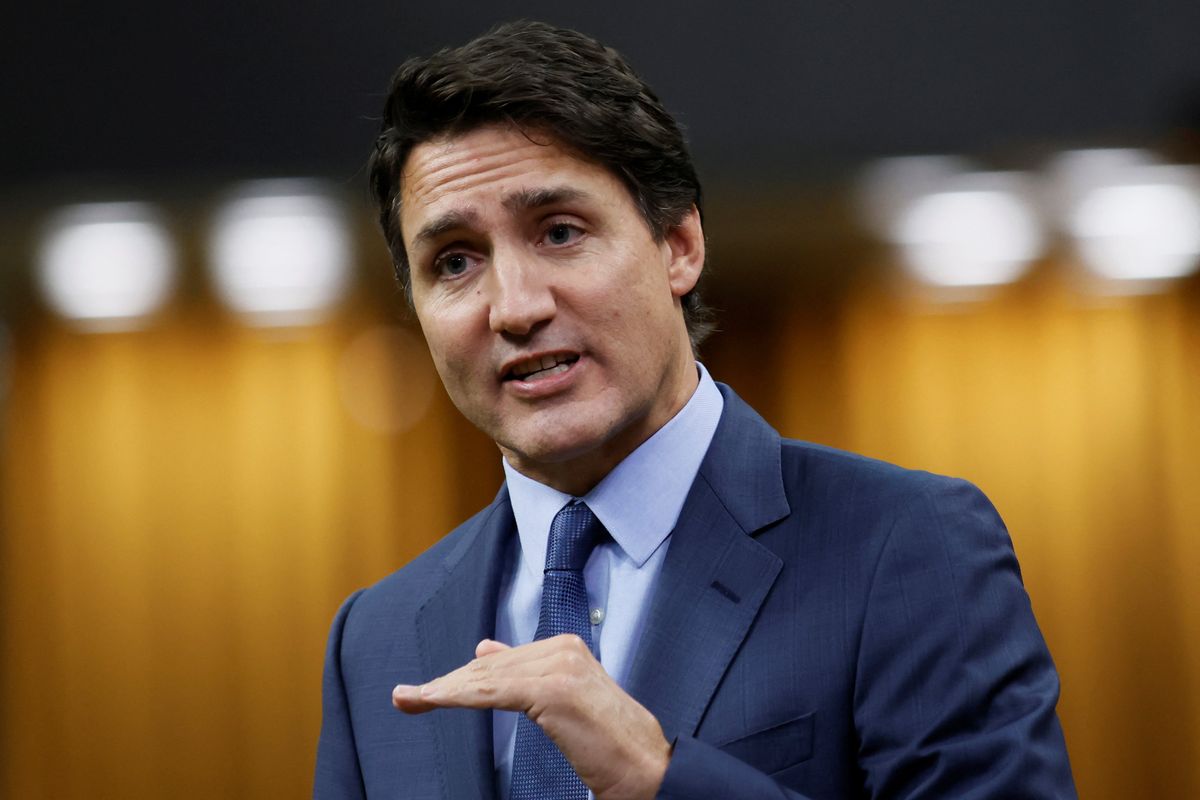On Monday, Prime Minister Justin Trudeau told the House of Commons there were “credible allegations” that India was involved in the killing of Canadian Sikh leader Hardeep Singh Nijjar in British Columbia in June. The immediate fallout was swift: Canada expelled a top Indian diplomat; India, which denied the allegations, retaliated by doing the same.
But Canada’s closest allies aren’t exactly rushing to its defense. There is speculation that American intelligence contributed to Canada’s allegations, but while the Biden administration says it is “deeply concerned” about the case and wants the perpetrators to be punished, it pointedly avoided criticizing India or PM Narendra Modi. The other Five Eyes allies are showing similar caution, The U.K. in particular emphasized that its ongoing trade talks with India will proceed.
The reality, of course, is that broader geopolitical interests are shaping the response: no one wants to antagonize India at a time when New Delhi is seen as a crucial counterweight to China. Realism is alive and well in international relations!
Indo-Canadian ties, meanwhile, have been chilly for years despite some recent attempts to warm things up. Although the trade relationship has been growing, and India is the top source of Canadian immigrants (and students), New Delhi has long contended that Canada’s large Sikh diaspora community harbours separatists and terrorists. Canada, for its part, has criticized Modi’s spotty human rights record, and is including India in its new inquiry into foreign interference in Canadian politics. A 2022 effort by Trudeau to advance an Indo-Pacific strategy, meanwhile, has mostly stalled – the interaction between Trudeau and Modi at the G20 in India earlier this month was visibly hostile. Things certainly won’t improve after the Nijjar accusations.
We’re watching to see how the Nijjar investigation and foreign interference probe unfold, and how Canada’s allies react as new and potentially more incriminating details emerge in the days and weeks to come.






